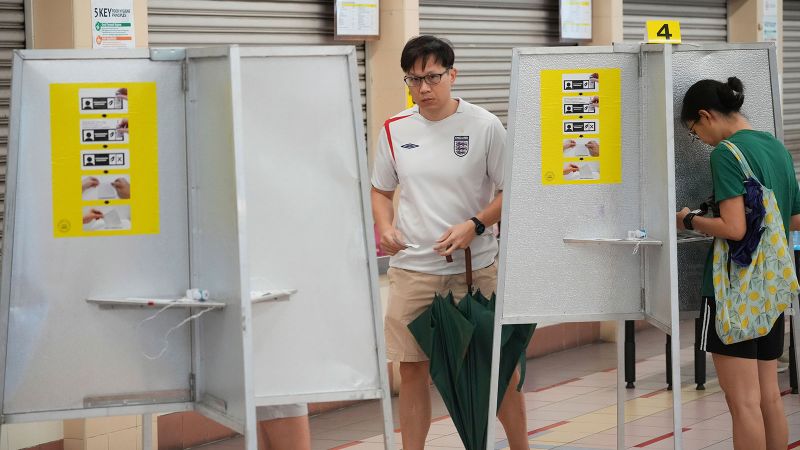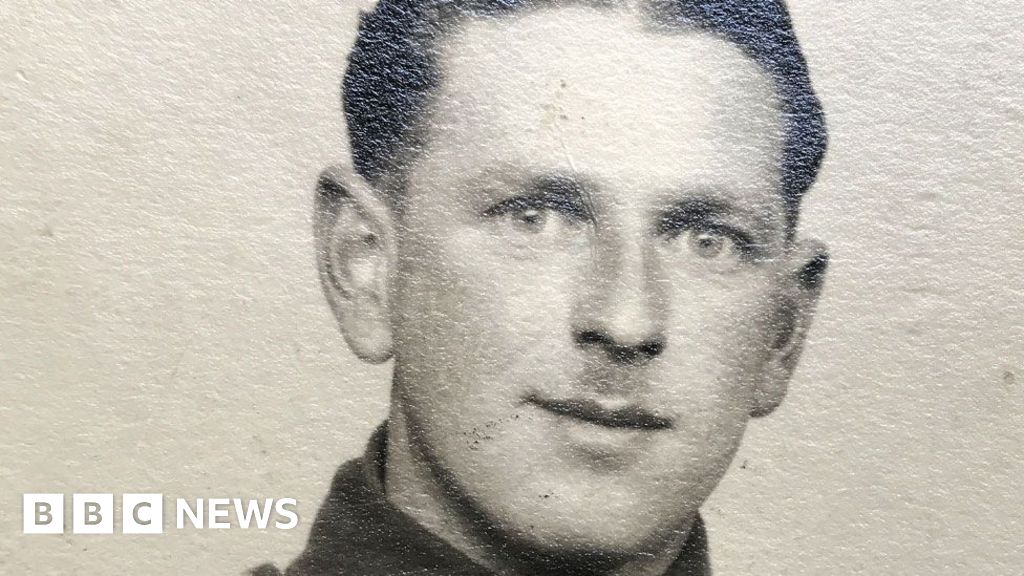Serbia's Vucic to Attend Victory Day in Moscow, Testing Relations with the EU

Belgrade, Serbia – In a move that is likely to draw criticism from Brussels, Serbian President Aleksandar Vucic has confirmed his attendance at the Victory Day celebrations in Moscow this Friday. The event commemorates the 80th anniversary of the Soviet victory over Nazi Germany, a significant historical moment for Russia and many Eastern European nations.
Vucic's decision comes at a delicate time, as Serbia navigates a complex relationship between its historical and cultural ties to Russia and its aspirations for European Union membership. The EU has repeatedly urged its member states and partner countries to refrain from participating in events that legitimize or support the Russian government, particularly in the context of the ongoing war in Ukraine.
Balancing Act: Russian Ties and EU Ambitions
Serbia has historically maintained close ties with Russia, rooted in shared Slavic heritage, cultural exchange, and political alliances. However, Serbia also formally seeks to join the European Union, a process that requires adherence to EU values and policies, including sanctions against Russia. Vucic’s attendance in Moscow represents a high-stakes balancing act, potentially straining relations with the EU while reinforcing ties with Russia.
“Serbia’s position is very difficult,” explained political analyst Milena Petrovic. “We have a strong emotional and historical connection with Russia, but we also want to be part of Europe. This visit will inevitably be interpreted as a signal, and it’s crucial for Vucic to carefully manage the message he sends to both Moscow and Brussels.”
EU Concerns and Potential Repercussions
European officials have expressed concern over Vucic’s planned trip, warning of potential repercussions for Serbia’s EU accession process. While there is no explicit ban on attending the Victory Day celebrations, participating could be seen as undermining the EU’s stance on Russia and signaling a lack of commitment to European values.
“We are monitoring the situation closely,” stated a spokesperson for the European Commission. “Serbia’s commitment to European values and its alignment with EU foreign policy are essential for its progress towards membership. Any actions that contradict these principles will be taken into consideration.”
Moscow's Perspective and Regional Dynamics
In Moscow, Vucic’s visit will be welcomed as a sign of continued support for Russia, particularly as the country faces international isolation due to its actions in Ukraine. The Victory Day celebrations are a major display of Russian military strength and national pride, and Vucic’s presence will be seen as a gesture of solidarity.
The situation also has implications for regional stability in the Balkans, where Russia has historically exerted influence. Serbia's actions could embolden other countries in the region with close ties to Russia, further complicating efforts to promote peace and reconciliation.
Looking Ahead: A Complex Future
As Serbia continues to navigate its relationship with both Russia and the EU, Vucic’s decision to attend the Victory Day celebrations highlights the complexities of the situation. The visit will be closely scrutinized by both Brussels and Moscow, and its impact on Serbia’s future remains to be seen. The delicate balance between historical ties and European aspirations will continue to shape Serbia's foreign policy for years to come.





